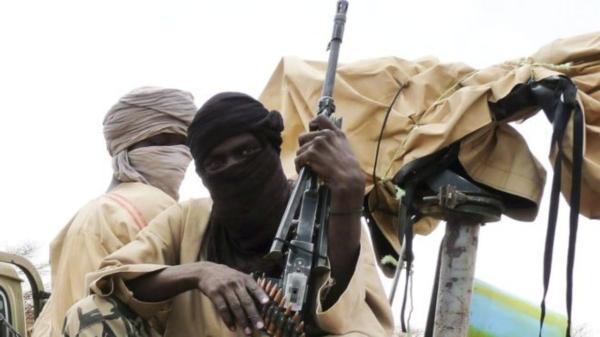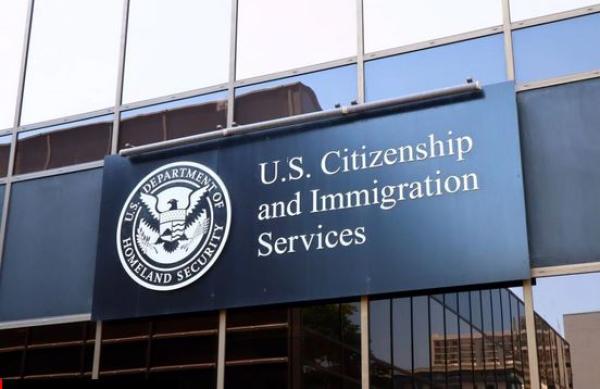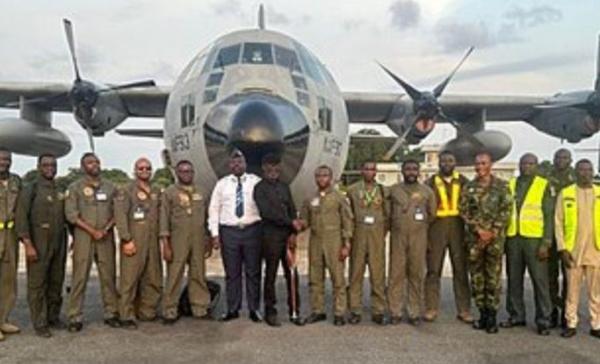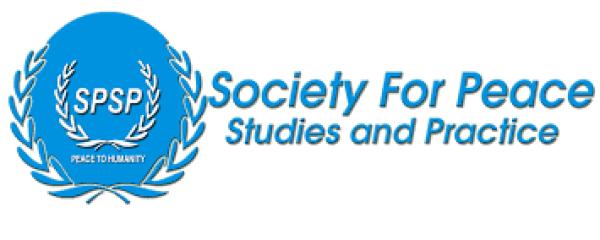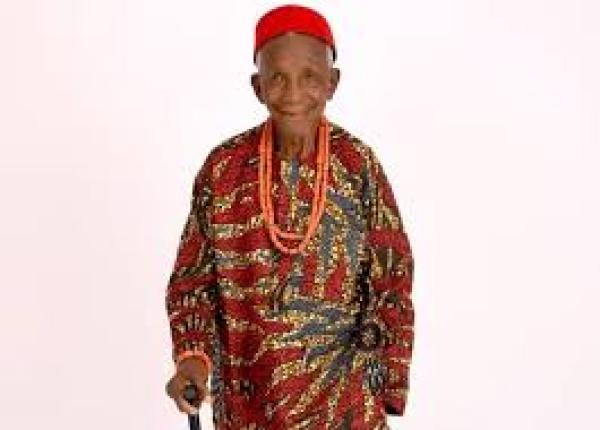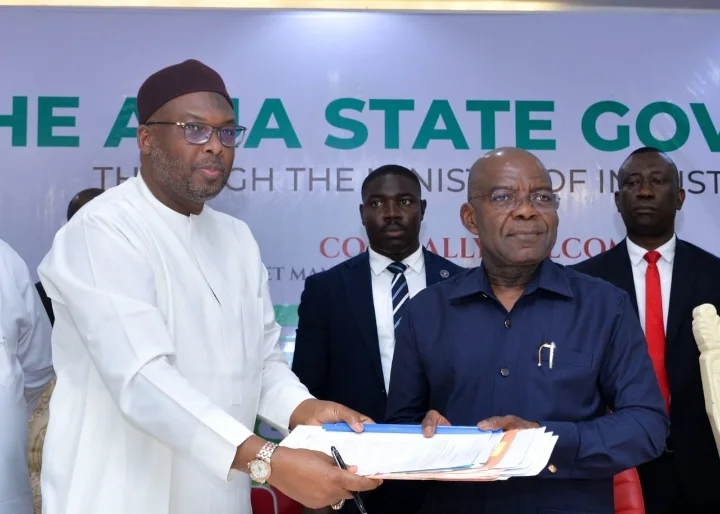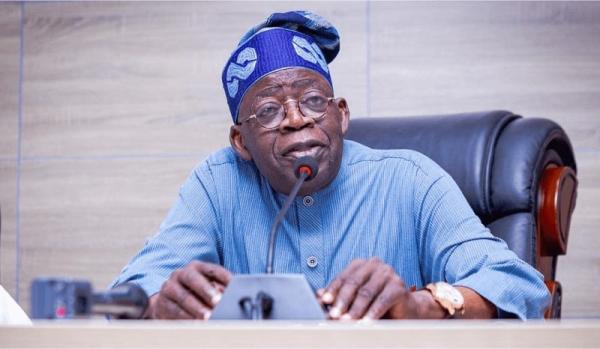
The Presidency has inaugurated a National Community Engagement Framework Drafting Committee, describing the body as a critical vehicle for bringing federal policies closer to grassroots communities across Nigeria.
At a brief ceremony held at the State House, Abuja, Senior Special Assistant to the President on Community Engagement (North‑West), Abdullahi Yakasai, said the framework will embody the spirit of partnership and collective action.
Yakasai said, “The framework drafting committee we are launching today embodies the spirit of partnership and collective action, ensuring that progress is shared responsibility.
“Our nation is at an important juncture where every decision must prioritise the wellbeing of our citizens.
“First, you will dialogue and have a meaningful conversation and action. It will present a new chapter in our nation’s history that is built on the principles of inclusivity and equity.”
In her address, Senior Special Assistant to the President on Community Engagement (North‑Central), Mrs Abiodun Essiet, said the framework would serve as a “blueprint for action” to ensure that no citizen feels excluded from national decision‑making.
“Today is not just a ceremony; it is a call to serve, to innovate, and to rise to the occasion,” she told committee members and invited dignitaries
She added, “This framework reflects our collective commitment to make sure no voice is left unheard, no community left behind, and every citizen feels seen, valued, and empowered.”
Essiet urged members—drawn from government, civil society, and the private sector—to act as “bridges between policy and people,” stressing that their task goes beyond representation to inspiring trust and driving impact.
Under the directive of President Bola Tinubu, the committee will draft guidelines for collaborative governance, inclusive decision‑making, and citizen empowerment, she explained.
Once completed, the framework is expected to formalise channels for regular dialogue between federal agencies and local communities, with the aim of improving service delivery and boosting public confidence in government programmes.
Its first assignments include mapping existing community‑engagement efforts, identifying gaps, and proposing clear metrics for measuring impact.
Essiet who did not disclose a timeline for submitting the draft framework, said the committee would work “with courage, commitment, and clarity of purpose” to deliver results swiftly.
The State House Permanent Secretary, Temitope Fashedemi, emphasised the importance of the committee’s successful assignment and its impact on communities nationwide.
Fashedemi, who was represented by the Director, Information and Communication Technology, Lukman Kilani, said “He has asked me to assure this committee of our support all the time to ensure that a successful assignment that will positively impact the communities across the country.“
A consultant on the project, the CEO at Environmental Harmony Limited, Mrs Kitan Oluwagbuyi, apprised committee members on the task ahead.
Oluwagbuyi said the committee has six weeks to draft the framework.
She explained that the framework is meant to “Provide a structured approach to stakeholder identification, mapping, and engagement.
“Create tools and templates for participatory governance at all levels.
Strengthen feedback mechanisms to improve policy implementation and service delivery.
“Enhance government accountability and transparency in community-driven development programmes.”
According to Oluwagbuyi, the opening fortnight will be devoted to stock‑taking.
During this period the framework drafting committee is expected to present a detailed status report, distilling lessons from earlier outreach programmes, while other committee members will lay out their own engagement strategies, successes and persistent bottlenecks.
By the third and fourth weeks, external consultants will have drafted the first version of the National Stakeholders’ Engagement Framework and circulated it for line‑by‑line scrutiny by all members.
The final stretch, covering weeks five and six, will see the committee fold comments into a clean text, vote to adopt the document and forward it to the Federal Government for approval and nationwide implementation.
The stakeholders received goodwill messages from the President of the Community Development Practitioners of Nigeria, Prof. Bello Shittu; Professor of Public Policy, Governance and Core Government Functionality at the University of Abuja, Prof. Abdulhamid Ozohu-Suleiman and the Sarkin Bwari, Auwal Musa Ijakolo II.












